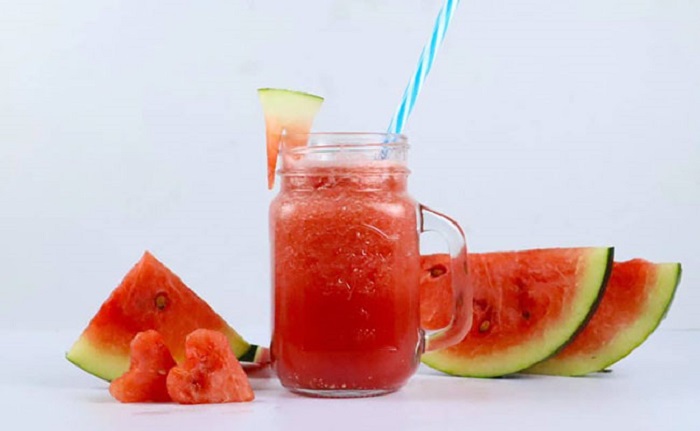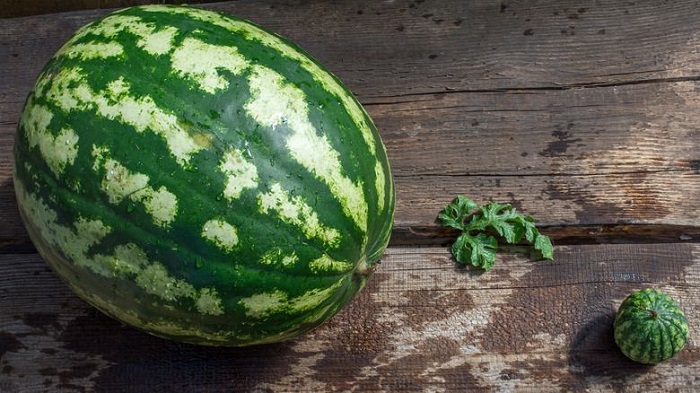5 It soothes sore muscles and aids in muscle recovery
Advertisement
Citrulline, a rare type of amino acid found in watermelon, is a great way to treat sore muscles. Studies have shown that athletes whose heart rates recover faster and whose muscles don’t hurt as much the next day drink watermelon juice before hard workouts. Watermelon juice may also help you do better in sports as a whole.

Img Src: island.lk
6 If you eat the seeds, you won’t grow watermelons inside of you
Advertisement
When you were a child, you probably heard the old wives’ tale that huge fruits would grow in your stomach if you ate watermelon seeds by accident. This is not true, and the seeds are also entirely edible. The International Journal of Nutrition and Food Sciences found that eating watermelon seeds is good for your health in many ways. They are high in fiber and protein and have a lot of antioxidants, a lot of vitamin B, and a number of minerals, including magnesium, zinc, and potassium.
You can’t eat them right away. They have to be sprouted and shelled first, and this increases their nutrient content. Just soak the seeds in water at room temperature for 12 hours, then pour out the water. Rinse them every 12 hours for three to four days until sprouts appear. You can add sprouted seeds to your granola for breakfast, top your favorite grain bowl or soup with them, or eat them as a snack. You could also skip the hard work of sprouting and roast them instead for a quick and healthy snack.

Img Src: thesoundbiterestaurant.com
7 There aren’t as many nutrients in unripe watermelons
Advertisement
Not only do ripe watermelons taste better, but they also have more nutrients. The Journal of Food Composition and Analysis looked at how white, white-pink, pink, and red-ripe watermelons tasted. They found that the unripe fruit had almost no beta carotene and fewer nutrients overall. In contrast, the riper fruit had more antioxidants and vitamin C.

Img Src: thesoundbiterestaurant.com